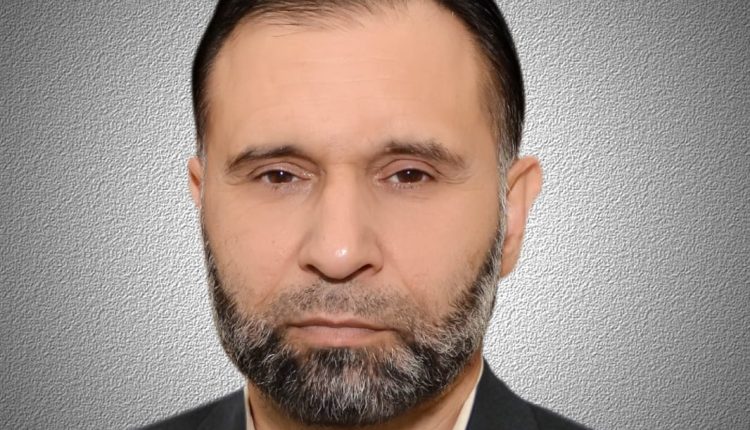By Ghulam Hussain Ghazi
At just a fortnight into his tenure, the KP Chief Minister elect, Sohail Afridi, is already making waves, his political acumen, grassroots connectivity and development-vision are rapidly defining him as a serious leader. Having started out in the Insaf Students Federation, Afridi rose from youth politics to ministerial responsibility, building a reputation for clean performance in the Communications & Works portfolio. This track record earned him the trust of his political mentor and, ultimately, the position of Chief Minister through a commanding majority.
No sooner had he assumed office than Afridi launched an intensive campaign of public outreach, addressing large gatherings in Charsadda, Khyber and Karak. There he laid out three core objectives: sustainable peace, elimination of terrorism and the revival of a moribund economy. During a visit to the Peshawar High Court where he addressed the bar, he declared, “We must answer bullets with law and reason” a statement emblematic of his commitment to democracy and the rule of law.
In his inaugural address to the Provincial Assembly, Sohail Afridi unveiled what can be seen as his welfare blueprint. He announced the “Ehsaas-Maa” programme: expecting mothers will receive government support through childbirth and on the birth of a daughter, an additional three months stipend will be granted. Beyond protecting mother and child, the initiative signals a fresh emphasis on gender equity.
Sohail Afridi also pledged to expand the health-card scheme to include costly treatments such as kidney transplants and cochlear implants and declared that areas lacking basic health infrastructure will be placed under “Health Emergency” status, a major relief for underserved localities and communities.
Turning his attention to the merged districts, Sohail Afridi demanded federal recognition for the tribal communities’ sacrifices in the fight against terrorism, calling for fulfillment of pledged terror-compensation funds, AIP commitments and National Finance Commission share. He paired this demand with a development plan: the solarisation of 120,000 homes, construction of small 50 MW power plants and the fast-tracking of the FATA University with a release of Rs 2.2 billion.
Security and infrastructure are also high on his agenda. He announced a Rs 7 billion fund to strengthen policing and pledged the revitalisation of Pak-Afghan border-markets to stimulate jobs, trade and commerce in the tribal belt. In education sector, he introduced a free education programme for orphans, promised a uniform curriculum and unveiled the “Ehsaas-Jungle” afforestation scheme to combat climate change. Agriculture, too, received focus: Afridi committed provincial funds in advance to support the federal “Lift-Canal” scheme aimed at irrigating 800,000 acres barren land in Khyber Pakhtunkhwa.
In the C&W infrastructure domain, he advanced projects such as the Swat Motorway (Phase II), Dir and Dera Motorways, while promising to foster youth through international sports events and to establish a business-friendly investment climate. He followed up with an intentionally lean but dynamic cabinet on behest of his party chief and, in a gesture of solidarity with the judiciary, granted Rs 20 million to the Bar during his Peshawar High Court visit. He also pledged legal measures to protect civilians from collateral damage in anti-terror operations and, despite being blocked from meeting his party leader in Adiala Jail, sought redress through the courts, underscoring his allegiance to democratic norms.
A particularly telling moment came when Sohail Afridi visited the ailing mother of martyr journalist Arshad Sharif in Islamabad and announced the founding of the University of Investigative Journalism in his memory, a move that underscores Afridi’s commitment to media freedom, accountability and social justice.
Sohail Afridi’s leadership, free from grandiloquence and rooted in action, represents a breath of fresh air for Khyber Pakhtunkhwa. If his vision is realised, the province won’t just embark on a path of development and stability, it could emerge as a model for the entire country.

